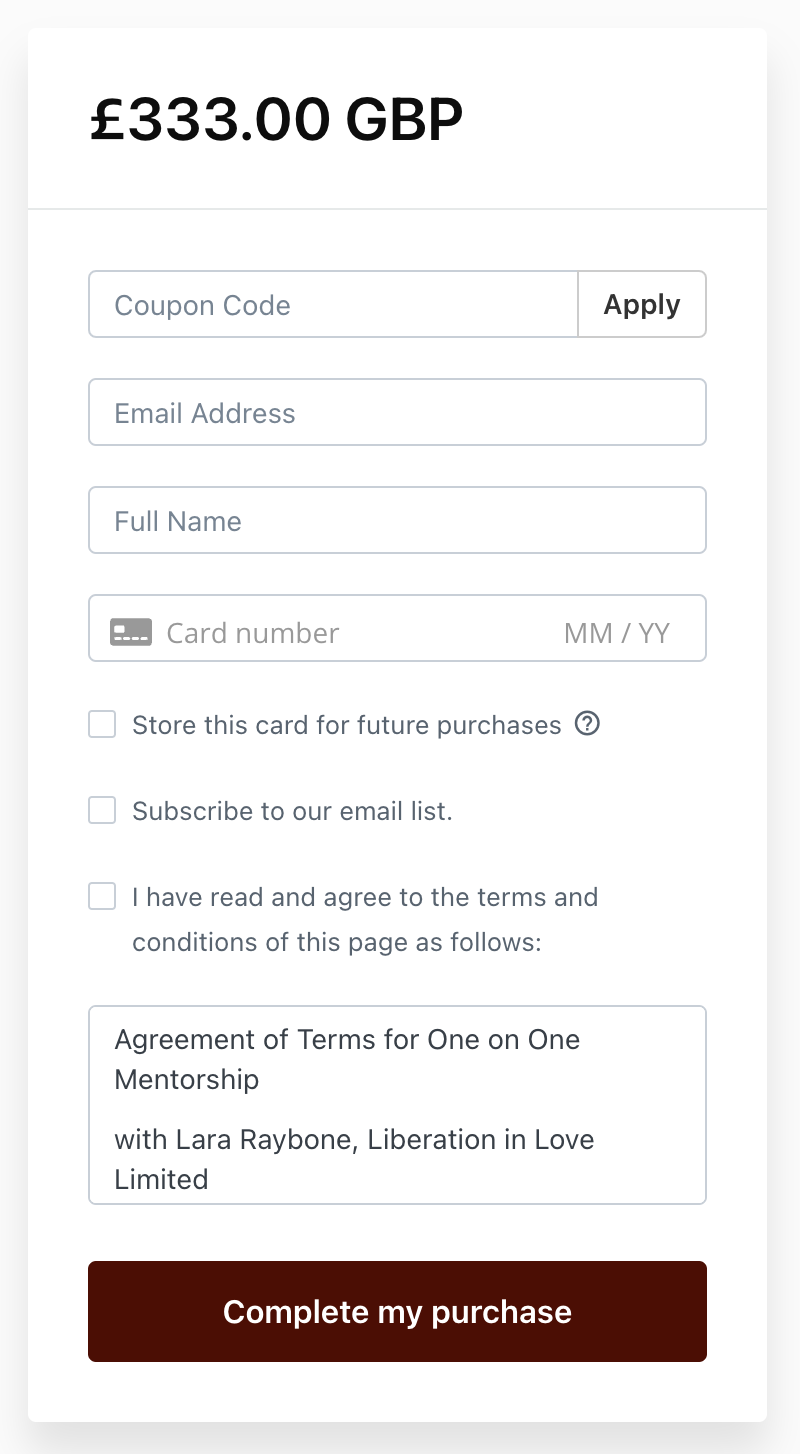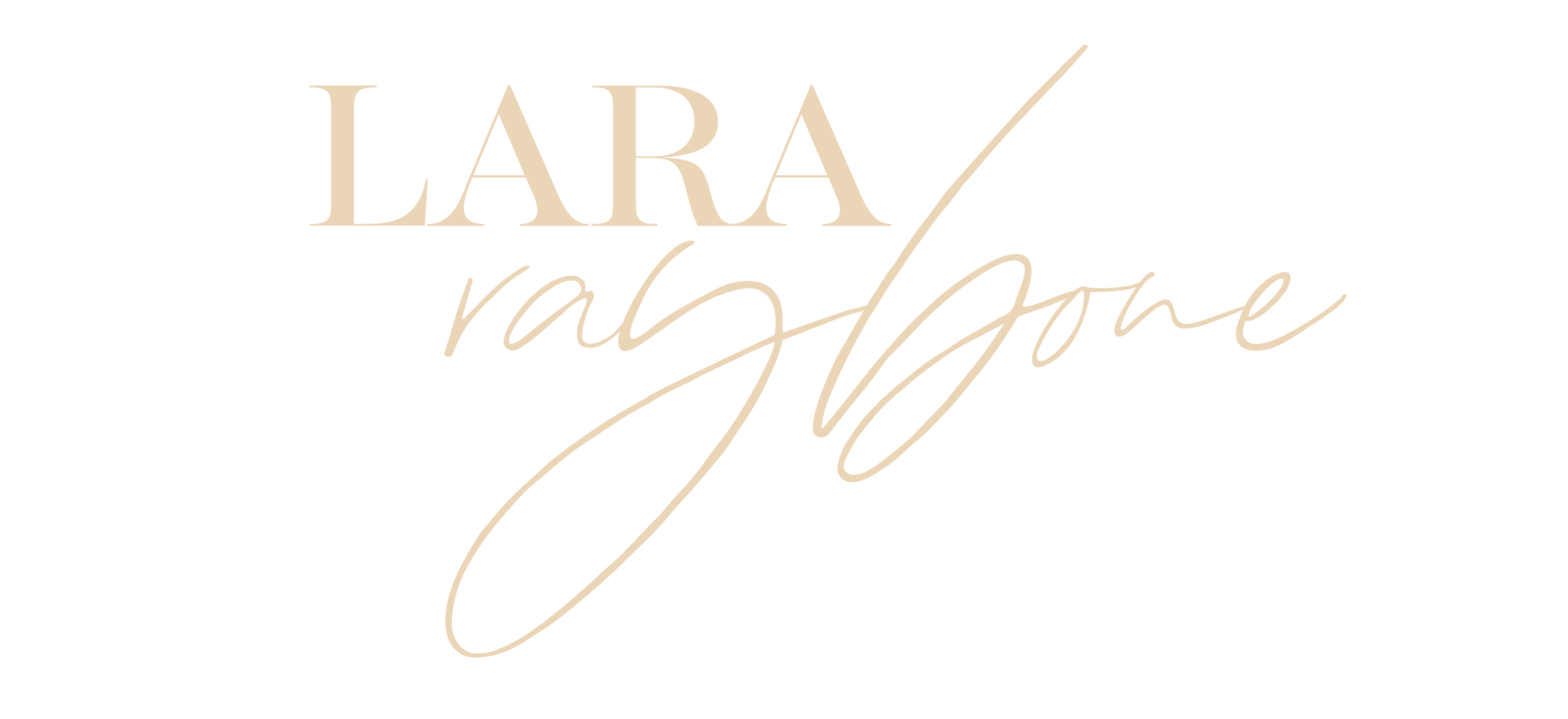Intuitive living is about trusting and following your inner voice to guide you in everyday decisions and life choices. It encourages a deeper connection with yourself, allowing you to navigate life with a sense of confidence and clarity. This approach involves listening to your instincts and understanding your feelings, rather than relying solely on external advice or societal norms. By unlocking your inner guide, you can make choices that align with your true self and lead a more fulfilling life. In this discussion, we will explore practical strategies to enhance your intuition and embrace intuitive living in a straightforward and relatable manner.
Understanding Intuitive Living
What is Intuitive Living?
Intuitive living is the practice of tuning into your inner guidance system. It involves making choices based on your instincts and feelings, rather than external pressures or societal expectations. At its core, intuitive living is about developing a trust in oneself and one’s innate wisdom. This means paying attention to the subtle cues your body and mind provide, which can help guide you through life’s decisions. It’s not about eschewing logic or reason but about marrying these with an inner sense of knowing. People who embrace intuitive living often find themselves more aligned with their values and desires. This alignment can lead to increased satisfaction and a sense of purpose. By cultivating this practice, you become more adept at discerning what truly matters to you, leading to a life that feels more authentic and personalized.
Benefits of Trusting Your Inner Voice
Trusting your inner voice can lead to numerous benefits in both personal and professional realms. One of the most significant advantages is increased self-confidence. When you consistently listen to your intuition, you build a stronger sense of trust in your decision-making capabilities. This can empower you to take bold steps in your life that align with your true desires and values. Additionally, intuitive living can enhance emotional well-being. By tuning into your feelings and instincts, you gain better insight into what truly makes you happy and fulfilled. This leads to choices that support your mental and emotional health. Furthermore, trusting your inner voice can improve relationships. As you become more attuned to your needs and boundaries, you cultivate more honest and authentic connections with others. Overall, embracing your intuition encourages a more harmonious and authentic life, where your actions reflect your genuine self.
This 7 week programme is an embodied exploration, of the facets of the feminine, through the lens of sexuality. Click the image below to book your place.

Cultivating Your Inner Guide
Practical Steps to Enhance Intuition
Enhancing your intuition involves intentional practices that connect you more deeply with your inner self. One effective step is mindfulness meditation. This practice helps quiet the mind and increases awareness of your thoughts and feelings, allowing intuitive insights to surface more readily. Regularly spending time in nature can also boost intuition, as it encourages you to slow down and become more attuned to the natural rhythms around you. Keeping a journal specifically for intuitive thoughts is another useful strategy. Writing down your instincts and gut feelings can clarify patterns over time and enhance your trust in these insights. Additionally, practicing active listening—whether to others or to your own inner dialogue—can sharpen your intuitive skills. By fully engaging with the present moment, you become more receptive to the subtle cues that intuition often presents. Developing these practices consistently can strengthen your ability to trust and act on your inner guidance.
Overcoming Common Barriers
Embracing intuitive living often involves overcoming several common barriers. One significant obstacle is self-doubt, which can cloud your inner voice. To combat this, practice self-compassion and remind yourself that everyone experiences uncertainty. Building a habit of reflection can help you identify and challenge these doubts. Another barrier is the influence of societal expectations and external advice. While these can be valuable, they shouldn’t overshadow your personal insights. Learning to set boundaries with external inputs can allow your intuition to shine through. A cluttered mind is also a frequent barrier to intuition. Regularly decluttering your mental space, through activities like meditation or mindful breathing, can enhance clarity. Lastly, fear of change can hinder intuitive decision-making. Embrace small, manageable steps towards change to gradually build confidence. By addressing these barriers, you create a clearer path for your intuition to guide you, leading to more authentic and satisfying life choices.
Applying Intuition in Daily Life
Making Decisions with Confidence
Making decisions with confidence through intuition involves a deliberate process of tuning into your inner voice. Start by setting aside time to sit quietly and focus on the decision at hand. Allow your mind to explore different options without judgment. Pay attention to how each option feels physically and emotionally. Often, your body will give subtle cues, such as a sense of ease or tension, that can guide you in the right direction. Trust these sensations, as they are expressions of your intuition at work. It’s also helpful to visualize the outcomes of your choices. Imagine each scenario and note which one resonates more with your values and long-term goals. Additionally, practice small intuitive decisions daily, like choosing a meal or deciding on a route to take. This builds your confidence in trusting larger, more impactful decisions. Over time, integrating intuition into your decision-making process leads to choices that align with your authentic self.
Balancing Intuition and Logic
Balancing intuition and logic is essential for effective decision-making. While intuition provides insights based on feelings and instincts, logic offers a structured approach grounded in facts and analysis. To harmonize these, start by gathering all relevant information about the decision at hand. Use logic to assess the data and identify possible options. Once you have a clear understanding, shift focus to your intuition. Reflect on how each logical option aligns with your inner sense of what feels right. Consider if any choice resonates or if a particular path evokes a strong emotional response. This dual approach ensures that your decisions are not only well-informed but also aligned with your personal values and feelings. Embracing both intuition and logic allows for a comprehensive evaluation, leading to decisions that are both sensible and personally satisfying. Practicing this balance regularly can enhance your decision-making skills, making them more intuitive and effective over time.
